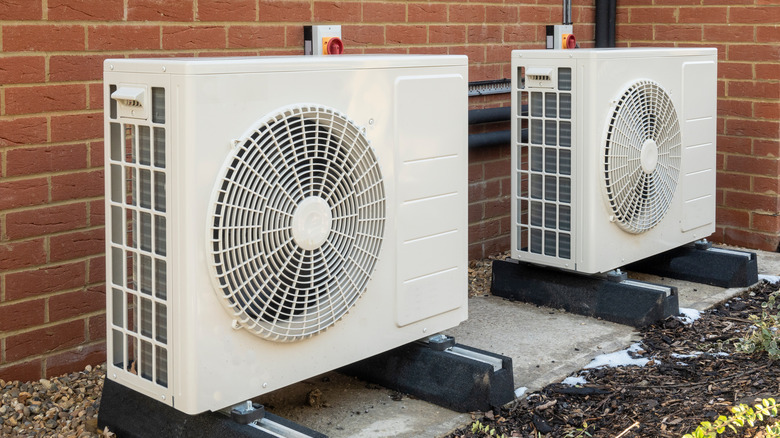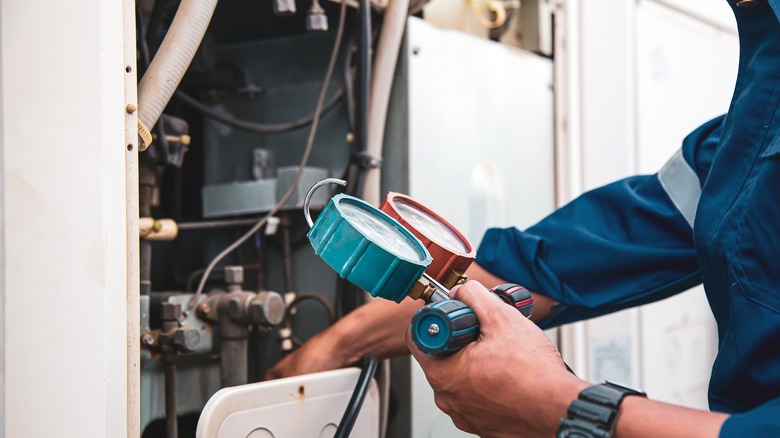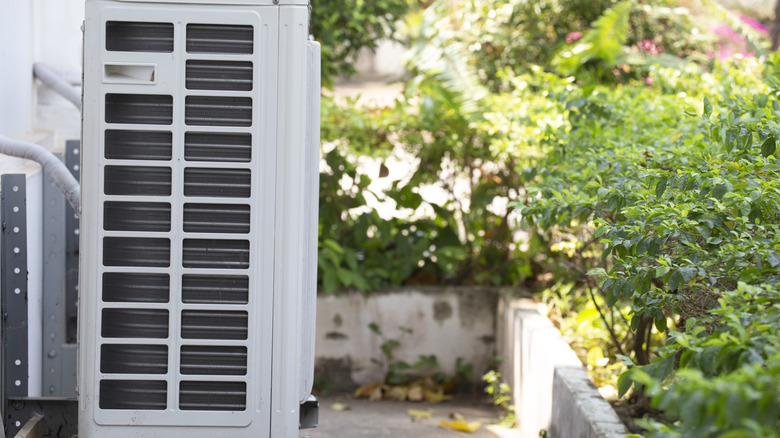Is It Worth Replacing Your Home's Central Heating Before Selling?
Spring has arrived, and so has the home-buying season! Yes, as homeowners prepare to sell, they are doing the deep clean, staging with a professional, and preparing great marketing. But, too often, sellers will neglect to look at the internal conditions of their homes, thinking that the next buyer will take care of these matters. However, this is not the case. And in particular, the central heating system can be a critical element in a homebuyer's decision to proceed and purchase.
Replacing an HVAC is regularly ranked as one of the best ways to add value to a property. Not having an updated system can be a major turnoff to younger buyers, in particular. These are buyers that are less experienced with home ownership, are easily discouraged by renovation and potential project costs, and want all critical aspects pertaining to the function of the home to be taken care of prior to purchasing.
Costs and improved value
Aside from younger home buyers, there are a couple of other key factors to consider when determining whether or not to replace a central heating system. If you are living in an older home or a home with a more traditional exterior aesthetic, specifically, it is especially important that the internal features of the home are updated. The home will already appear more worn and likely warrant cosmetic updates, and buyers will not want to have to worry about features like the central heat unless it is a complete teardown. Typically, replacing an HVAC will range anywhere from around $5000 to up to $11,000.
Furthermore, having a fresh HVAC will likely also decrease the amount of time your home will spend on the market. In fact, a new heating system is estimated to improve a home's value anywhere from 4% to 9%. As a general rule of thumb, if you replaced your system in the last five years and are looking to sell, it is likely not worth replacing, given they last roughly 15 years.
Geography and energy
Aside from function and value, it is also important to have an up-to-date central heating system from an energy standpoint. A lot of older heating systems have antiquated parts and modes of function that can often keep an aged home's energy costs unnecessarily high. Updating the heating and cooling infrastructure of your residence can actually reduce monthly utility costs anywhere from 15% to 35%.
There is also a level of geographic nuance involved in making this decision. Homeowners in the Northeast, Midwest, and more mountainous regions should have heating quality at the top of their to-do lists when deciding on upgrades prior to selling. Modernize recommends that homeowners in the Northeast and the Midwest focus on using a gas-powered heating system. This is due to the fact that heat pumps have a higher risk of dysfunction in colder climates. Additionally, gas-powered systems do not stop working during power outages, another environmental factor to consider.
This is a stark contrast to the Southwest, for example, which has a naturally warmer climate. An electric heat pump is actually considered the premiere option in this part of the country. This kind of energy-efficient alternative works particularly well for those that live in more moderate climates where mild winters are the norm. Wherever you are, the main priority is to note that heat matters everywhere, assess your local options when deciding what is best for you, and make it a priority before going on the market.


